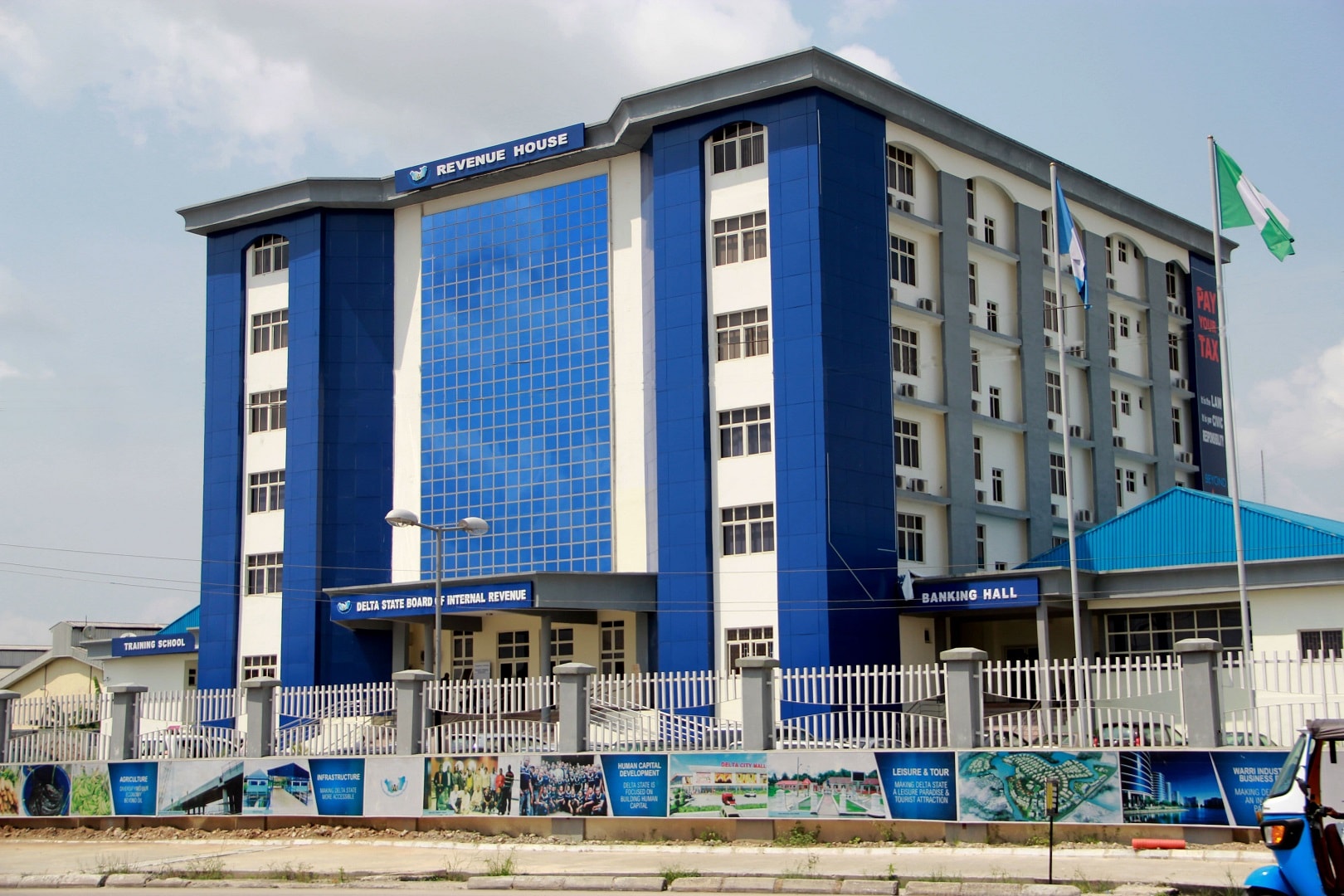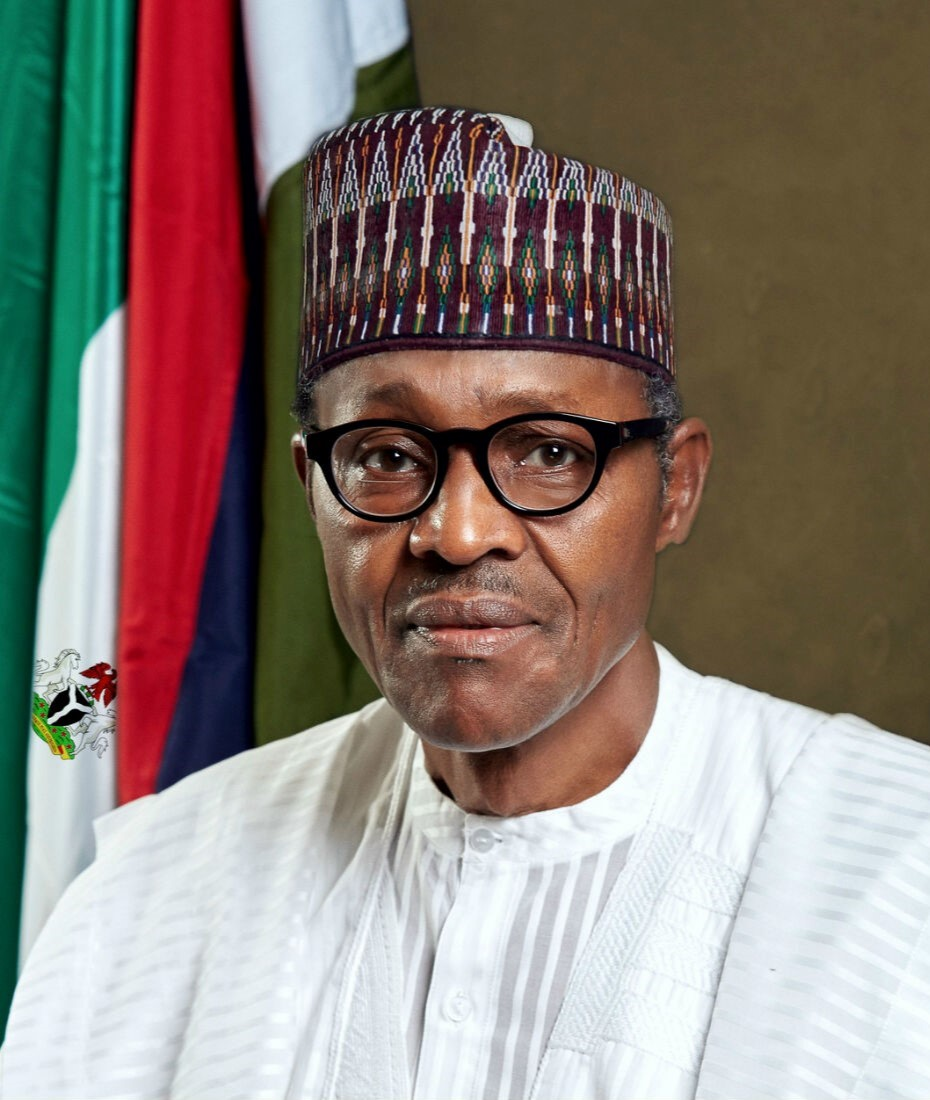DBI @21: Stakeholders unite to tackle Nigeria’s $11bn skills gap

By Ukpono Ukpong
Stakeholders in Nigeria’s technology and education sectors have called for urgent collaboration to address the country’s growing digital skills gap, estimated to cost the economy $11 billion annually.
This call came yesterday during the 21st anniversary celebration of the Digital Bridge Institute (DBI), held in Abuja.
The President/CEO of DBI, David Daser, in his keynote address, said the institute was committed to “preparing today’s workforce for tomorrow’s market,” noting that the evolution of technologies such as AI, 5G, and cybersecurity had made workforce transformation non-negotiable.
“DBI remains steadfast in its commitment to future proofing Nigeria’s workforce,” he declared.
READ ALSO: Enugu Police Uncover Arms, Ammunition In Native Doctor’s Shrine
Established by the Nigerian Communications Commission (NCC) in 2004, DBI was commissioned by former President Olusegun Obasanjo as a Centre of Excellence for ICT and telecommunications training.
“Today, we stand proud with a network of campuses, global partnerships, and thousands of empowered professionals contributing meaningfully to the digital economy,” Daser said.
Daser acknowledged the institution’s founding fathers, including the late Alhaji Ahmed Joda and former NCC Vice Chairman Engr. Ernest Ndukwe, and praised his predecessors for laying a resilient foundation.
He also outlined DBI’s recent achievements under his leadership since assuming office in September 2024.
Among the institute’s milestones are a partnership with SBTS Group to expand digital learning infrastructure, the launch of the DBI Global Training Partner Program in Lagos, and ongoing training programmes with the Ministry of Humanitarian Affairs.
“We are working towards the implementation of the NCC-DBI ADEPTI Programme… and we aim to train five million Nigerians in AI within the next three years,” he added.
Daser revealed that Nigeria is on track to become a hub for AI innovation, driven by the support of President Bola Tinubu, the Minister of Communications and Digital Economy, Dr. Bosun Tijani, and the Executive Vice Chairman of NCC, Dr. Aminu Maida.
“Nigeria must not lag behind in the AI revolution,” he warned, calling on MDAs, state governors, and local authorities to partner with DBI in its mission.
Despite celebrating progress, Daser was candid about past struggles.
“It became a herculean task to pay staff salaries… staff morale declined significantly,” he said.
However, he noted that the institution had recalibrated and was now “on a steady, principled, and constructive” path forward.
The Chairman of the Sector Skills Council for ICT (SSC ICT), represented by its Secretary, Chukwuemeka Okafor, also addressed the gathering.
He recounted the transformation of Nigeria’s digital landscape since DBI’s founding, illustrating it with the story of Adebayo, a once-unemployed graduate who, after training at DBI, now runs a tech company employing over 50 Nigerians.
Okafor emphasized that traditional approaches to education were no longer enough.
“We need a collaborative ecosystem where industry, government, and educational institutions work together,” he said.
He outlined SSC ICT’s six-pillar strategy, ranging from industry-led skills standards to work-based learning, to close the digital skills gap.
Referencing international models from Singapore, Estonia, and Rwanda, Okafor said Nigeria must build regional centres of excellence, embed digital skills in school curricula, and harmonize national policies.
“The future of work is digital. The jobs of tomorrow will require digital skills at all levels, from basic digital literacy to advanced technical expertise,” he said.
As the DBI anniversary celebration ended, both Daser and Okafor issued a rallying call to all stakeholders.
“Your success is our legacy,” Daser told DBI students, while Okafor urged industry leaders, government agencies, and individuals to invest in skills development.
“Together, we can build a digital economy that is inclusive, innovative, and globally competitive,” he said.








